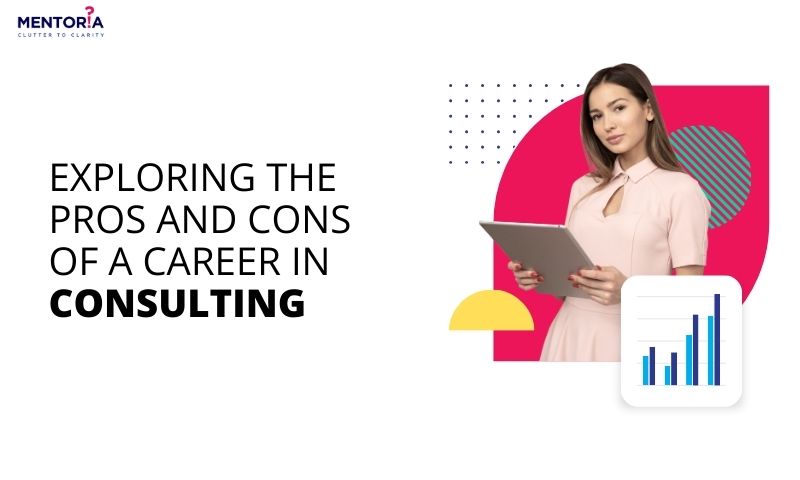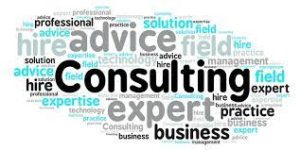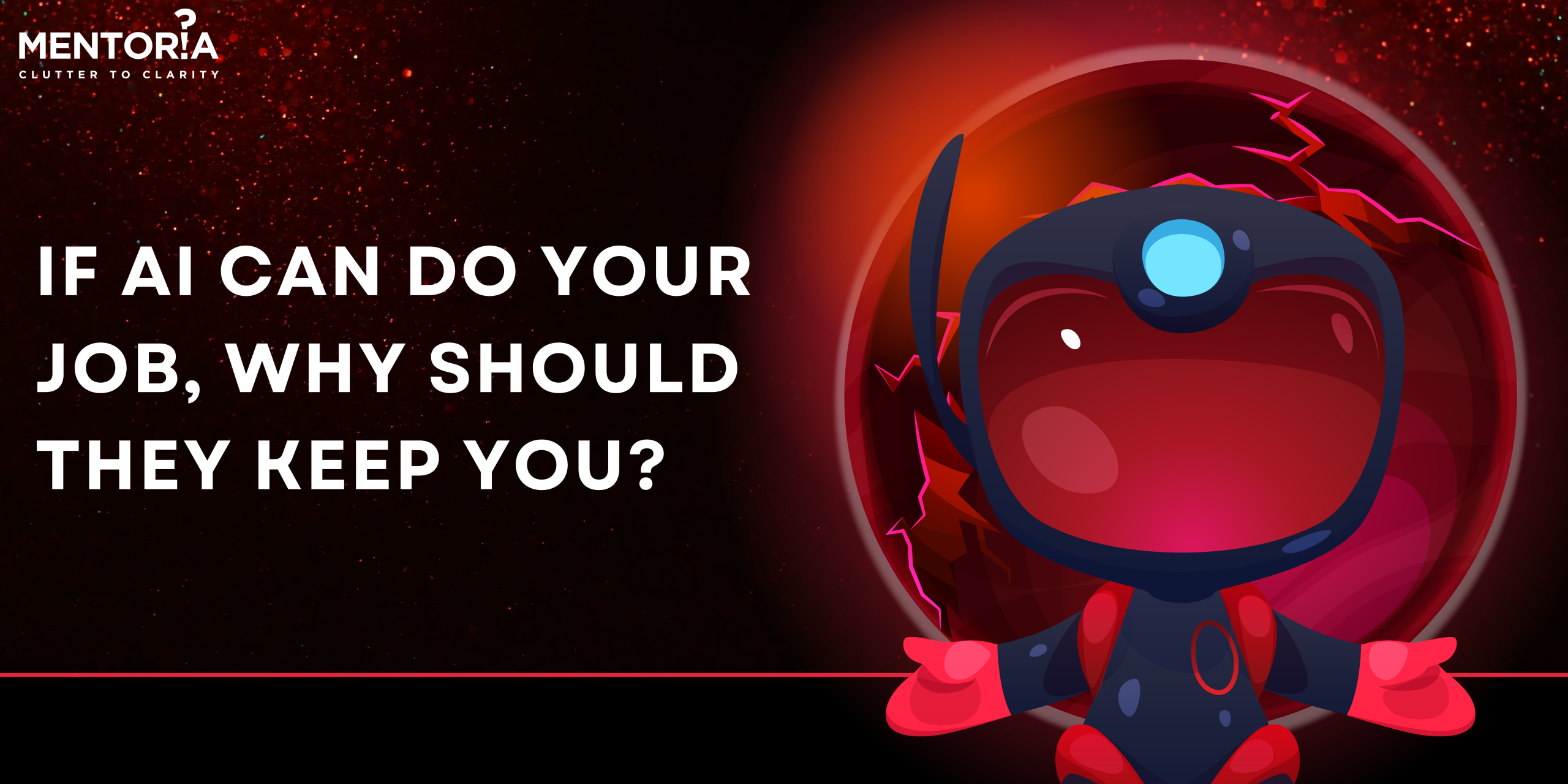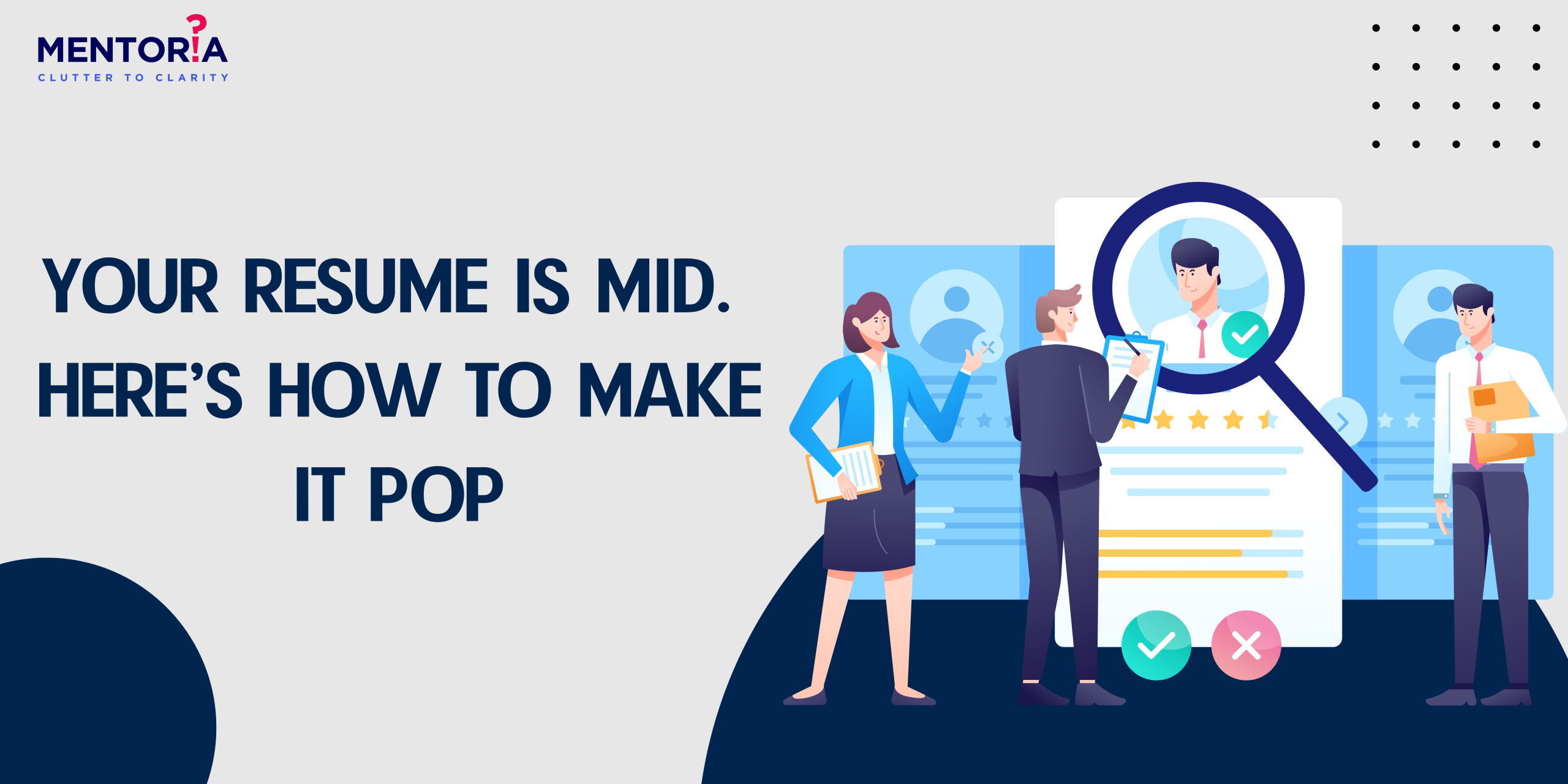Exploring the Pros and Cons Of A Career In Consulting

Many recent college graduates are looking for jobs and wondering if consulting is a good option for them. In case you’re wondering, consulting is a practise of providing a third party with expertise and services on a matter in exchange for a fee. The service may involve either advisory or implementation services But this simple definition can be confusing when applied to the job market.
There are various kinds of consultancies, such as Management Consulting, IT Consulting, and Finance and Procurement Consulting, to name a few. Besides the different types of consulting, there is also the question of the size of the consulting firm to join. They can vary from small specialised firms with less than 50 people to the Big 4 that have thousands of employees. The choice depends on what the applicant thinks is the best fit for them.
Consulting is a demanding career, especially for rookie consultants who have to perform as professionals despite their lack of experience. Consultants have to quickly and discreetly gain knowledge of the client’s business and situation, while also showing confidence and competence. They have to face new challenges and problems every time they start a new project. They also have to deal with the learning-credibility tension, which is the challenge of learning and delivering value at the same time. Consultants have to be able to communicate effectively, analyse complex data, solve problems creatively, make high-stakes decisions, and work well with others. They also have to develop soft skills like empathy, agility, and resilience. They have to be able to perform well in front of the client and manage their professional image. The blog talks about how continuous research helps in learning, as well as networking. Collaboration with other consultant’s help them share their knowledge and resources, to come to a better conclusion. The blog also covers training undertaken by the consultant, and over time can become a mentor themselves. Through all of this, consultants are simultaneously learning as well as parting professional advice in a smooth manner.
Continuous Research and Updating One’s Knowledge
Continuous research stands as the lifeblood of consultancy, fuelling the perpetual evolution of expertise and innovation. In this realm, consultants are relentless explorers, navigating the seas of information, trends, and insights to stay ahead of the curve. Imagine consultants as intellectual adventurers, charting unknown territories of data, industry trends, and emerging technologies. Their commitment to ongoing research isn’t merely a task—it’s an insatiable quest for knowledge that propels them toward excellence.
Through this relentless pursuit, consultants unearth gems of information, unravelling the mysteries of shifting markets, pioneering methodologies, and groundbreaking solutions. They are trailblazers, pioneering new approaches and strategies based on the latest discoveries and cutting-edge advancements. In the consultancy landscape, research isn’t confined to dusty libraries or virtual databases alone—it’s a dynamic process of immersion. Consultants engage in a symphony of data analytics, market assessments, and trend analysis to compose a harmonious blend of expertise and foresight.
This commitment to continuous research isn’t just a part of the job; it’s a mindset—an unwavering dedication to staying at the forefront of knowledge. It’s a commitment that ensures consultants don’t just meet the current needs of their clients, but anticipate the needs of tomorrow, paving the way for groundbreaking solutions and unparallelled guidance. Continuous research is becoming a well-established practise. Most product organisations invest time and resources in research and involve customers early in the product life cycle. However, 78% of the 600+ designers, product managers and researchers surveyed believe their company could do more research or conduct more studies. The industry is moving towards the democratisation of research. Research is not only done by research specialists, but also by designers, product managers, marketers, and engineers. The most commonly used research methods are: user interviews, surveys, product analytics, competitive analysis, moderated and unmoderated usability testing. It enables more effective decision-making. Product development teams use research results to increase confidence in their decisions. Research-based decisions are more likely to be correct and efficient. 74% of respondents confirmed that research directly impacts decision-making in their teams.
Networking and Collaboration
Networking and collaboration form the vibrant heartbeat of the consultancy world, where expertise thrives through the power of connections and collective intelligence. Picture a bustling marketplace of ideas, where consultants aren’t solitary figures but catalysts in a dynamic network. They forge alliances, build bridges, and cultivate relationships that transcend boundaries, pooling together a wealth of diverse perspectives and experiences.
In this interconnected ecosystem, consultants become architects of collaboration, weaving a tapestry of partnerships with fellow experts, clients, industry leaders, and innovators. Each connection is a gateway to new insights, opportunities, and shared learning, fostering a culture of continual growth. Beyond mere acquaintances, these networks are treasure troves of knowledge exchange—a space where ideas intermingle, sparking innovation and refining expertise. Consultants engage in vibrant discussions, learning from the successes and challenges of others, enriching their own strategies in the process.
Collaboration isn’t just a buzzword; it’s a cornerstone of consultancy. Consultants recognise that the sum is often greater than its parts. They come together, not just to amplify their collective expertise but to create synergies that result in transformative solutions for their clients. Here, Consultants also provide tailored, in-depth insights to clients, using their extensive knowledge base to provide nuanced solutions. They use data-driven approaches to support their recommendations, analysing and interpreting data effectively to make informed decisions. They share relevant case studies and examples of past successes, staying abreast of industry trends and benchmarks to offer forward-thinking advice. They contribute to industry publications, blogs, or white papers, showcasing their expertise through thought-provoking content.
Consultants often hold certifications or accreditations in their area of expertise, showcasing their specialised knowledge and commitment to professional development. They host workshops, training sessions, or webinars to impart their expertise to a broader audience. In-depth consultations involve detailed discussions, providing comprehensive explanations and strategic guidance. Continuous learning and adaptation demonstrate a consultant’s dedication to staying at the forefront of their field. They emphasise their ability to adapt knowledge to evolving industry landscapes. Active involvement in professional networks and mentorship roles demonstrates expertise, as consultants exchange ideas, share experiences, and guide others, solidifying their reputation as knowledgeable professionals.
A Consultancy Collaboration Model
- Trust: This is the foundation of any collaboration. You need to share a common code of ethics and values with your collaborators, and use a ten-point checklist to evaluate their competence, communication, commitment and integrity. You also need to ensure that your collaborators have the trust of your clients.
- Business Development: This is the engine of your collaboration. You need to work together to generate new opportunities and referrals, and not just rely on one person to bring in the business. You need to balance your time between delivering, managing and selling your services.
- Thought Leadership: This is the differentiator of your collaboration. You need to demonstrate your expertise and originality by publishing, speaking and researching on topics related to your practise and your clients’ needs. You need to collaborate on creating products and services that showcase your intellectual capital and value proposition.
- Project Execution: This is the measure of your collaboration. You need to deliver high-quality results to your clients by defining clear and specific deliverables, milestones, fee structures, intellectual property rights and data retention policies. You need to communicate openly and honestly with your clients and your collaborators, and follow a project management process.
Seeking Mentorship and Taking Up Coaching
Consultants seek mentors—experienced professionals in their field—who offer insights, wisdom, and guidance derived from years of hands-on experience. These mentors provide invaluable advice, helping consultants navigate challenges and refine their expertise. Mentorship facilitates the transfer of tacit knowledge. Seasoned mentors share practical wisdom, industry nuances, and unwritten rules that textbooks might not cover. Consultants gain from this wealth of experience, accelerating their learning curve.
Mentors guide consultants in their professional growth, helping them identify strengths, weaknesses, and areas for improvement. They provide constructive feedback and encourage continuous development. Mentors often introduce consultants to valuable networks and connections within the industry. These relationships offer opportunities for learning, collaboration, and career advancement. Through coaching sessions, consultants receive personalised guidance tailored to their specific goals and challenges. Coaches help them set clear objectives, refine strategies, and overcome obstacles. Mentorship and coaching instil confidence in consultants. Having a mentor or coach who believes in their abilities and offers support helps them navigate uncertainties and make informed decisions.
For consultants aspiring to leadership roles, mentorship provides insights into effective leadership styles, strategic thinking, and decision-making. Coaches guide them in developing leadership competencies. Mentorship isn’t one-sided. Consultants often bring fresh perspectives and innovative ideas to the table, fostering a mutually beneficial exchange where mentors also learn from their mentees. Mentorship often extends beyond immediate professional development. Many consultants build long-term relationships with their mentors, becoming part of a trusted network even as they progress in their careers.
As consultants grow in their expertise, they might take on mentorship roles themselves. This cycle perpetuates a culture of learning and knowledge sharing within the consultancy realm. Mentorship and coaching aren’t just about imparting information; they’re about nurturing growth, fostering resilience, and shaping the next generation of experts. Consultants leverage these relationships to not only enhance their own expertise but also contribute to the collective wisdom of their field.
Training And Workshops For Upskilling
Consultants utilise training and workshops as essential tools for professional development. These sessions provide opportunities for learning, skill enhancement, and staying updated with industry trends. They can sharpen their expertise in specific areas, adopt new practises, stay current with industry trends, and engage in networking and knowledge exchange.
Consultants pursue certifications and qualifications through specialised training programmes, which validate their expertise and open doors to new opportunities and client trust. Training sessions contribute to ongoing professional development, allowing consultants to stay adaptable and versatile in their approach to various client needs. Hands-on learning is also a key aspect of training, as workshops often include practical exercises that enhance problem-solving and decision-making abilities. Some training focuses on client-centric skills, such as relationship management, negotiation tactics, and presentation skills.
In-house training initiatives within consulting firms ensure that the collective expertise within the organisation remains updated and cohesive. Consultants view training and workshops as part of a continuous improvement culture, actively seeking out opportunities for learning and understanding that growth is a perpetual journey. Training and workshops are not just events; they are gateways to acquiring new knowledge, refining skills, and adapting to the evolving demands of their profession. By leveraging these platforms, consultants maintain their edge, deliver high-value solutions to their clients, and push the boundaries of their expertise. Through Training, consultants also exude problem solving skills. They employ an analytical approach, focusing on creativity and a holistic perspective to develop targeted solutions. They rely on data to inform their decision-making, gaining insights and validating assumptions. They often work in teams, leveraging diverse expertise to solve complex challenges.
Consultants are adaptable and agile, pivoting swiftly when faced with changing circumstances. They evaluate risks associated with potential solutions and develop mitigation strategies to anticipate obstacles and minimise the impact of unforeseen circumstances. They prioritise understanding client needs and expectations, aligning solutions with their goals and preferences. Consultants often adopt an iterative problem-solving process, refining solutions through feedback loops. They continuously improve upon initial ideas, allowing for flexibility and refinement. Ultimately, consultants focus on delivering tangible results, measuring the effectiveness of their solutions by their impact on the client’s objectives.
By showcasing their problem-solving capabilities, consultants demonstrate their expertise and provide tangible value to their clients. Their ability to navigate challenges, think critically, and craft innovative solutions positions them as trusted advisors capable of driving positive change and achieving impactful results. There are online seminars and audio shows that consultants can listen to or watch to learn from experts and thought leaders in their field. They can provide valuable insights, tips, and advice on various consulting topics and issues. For example, The Consulting Workshop Series 1013 discusses 10 methods of conducting workshops that are custom designed to fit specific workshop objectives.
Manage Learning Credibility Tension
Managing learning-credibility tension is more than just personal branding or playing a role. It can also help you to learn new things, share information, and work toward long-term goals. After all, without the trust and support of those around you, your important new project will never take off. It’s normal to feel like an impostor, especially in today’s complex and uncertain work environment. But instead of seeing it as a personal weakness, you can see it as a vital skill.
Propelling Learning Through Mentoria
By embracing simultaneous mastery, consultants can position themselves as valuable assets to their clients and ensure long-term success in the consulting industry. Mentoria has a large database of mentors from a variety of industries and fields, so users can find someone who has experience in their area of interest or who can provide specific advice for their career goals. We also provide a variety of resources and support to help mentors and mentees get the most out of their relationship. These resources include articles, webinars, and community forums.









